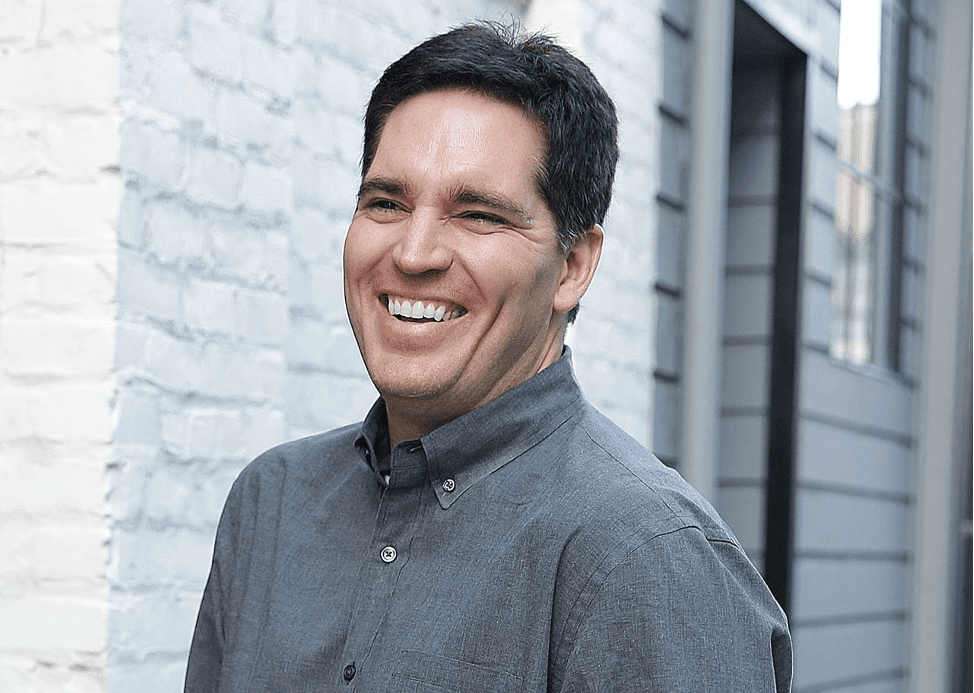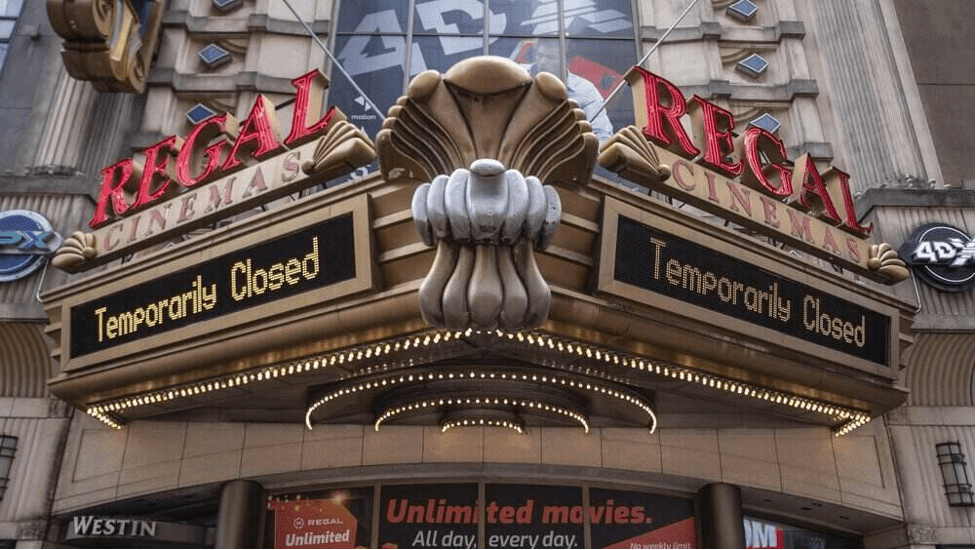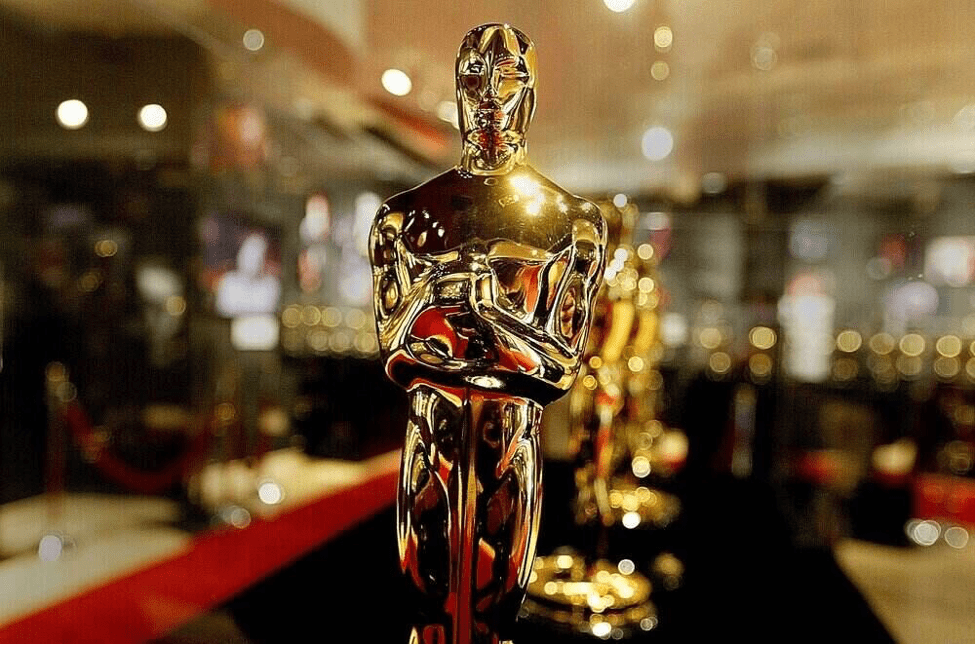Fashion Week is not just about showcasing the latest designs; it's a global phenomenon where fashion brands strategically leverage the influence of celebrities to create buzz and drive sales. The integration of celebrities into the fashion industry has evolved into a sophisticated science, with designers and marketers meticulously planning their runway shows and events to maximize their impact.
In this article, we'll explore the intricacies of celebrity marketing at Fashion Week and how science plays a crucial role in this glamorous world.
The Power of Celebrity Endorsement
Celebrities have always been intertwined with the fashion world, but their role has grown exponentially. The science behind this phenomenon can be attributed to the psychological concept of "social proof."
When people see celebrities endorsing a product or walking the runway in a particular brand's attire, they are more likely to view the brand positively and, in many cases, desire to emulate the celebrity's style. This psychological principle is at the core of celebrity marketing during Fashion Week.
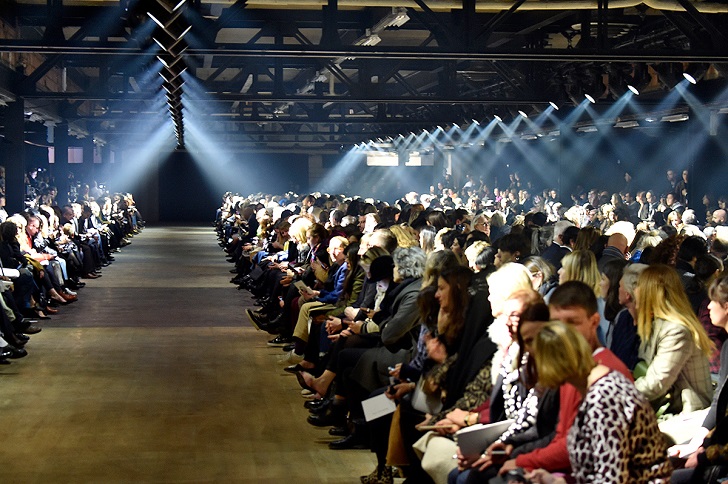
Genaro Servín/ Pexels | Celebrities are the emotional bridges that connect fashion brands with their target audience
Target Audience Analysis
One of the first steps in the science of celebrity marketing at Fashion Week is understanding the target audience. Fashion brands carefully analyze customer demographics and preferences to select celebrities who resonate with their core audience. This ensures the endorsement is relatable and authentic, increasing its effectiveness.
Storytelling through Celebrities
Celebrities are not just faces on the runway; they are storytellers. Brands work with them to create narratives that resonate with the audience. Whether it's a rags-to-riches story or a tale of empowerment, these narratives make the brand's message more compelling and memorable.
Psychological Association
Human brains are wired to associate emotions and experiences with visuals and sounds. Seeing a beloved celebrity in a particular outfit triggers a powerful emotional response in the audience. Brands use this psychological phenomenon to establish a positive association between their products and the emotions experienced during a celebrity's appearance at Fashion Week.
The Runway Show as a Scientific Showcase
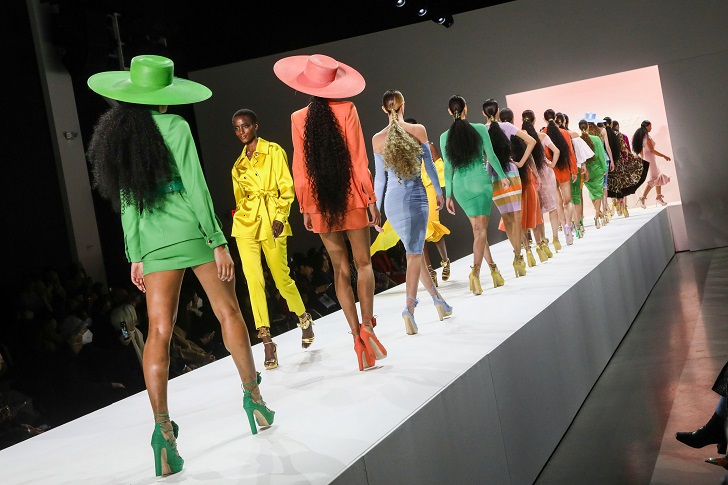
Pixabay/ Pexels | In the age of social media, celebrity marketing is no longer an art; it's a data-driven science.
Fashion Week runway shows are meticulously planned events that harness the science of psychology, timing, and visual aesthetics to create a lasting impact.
Timing and Pacing
Science plays a significant role in determining the timing and pacing of a runway show. Research into audience attention spans, the optimal duration of a show, and the arrangement of outfits is crucial. Designers and producers aim to balance holding the audience's attention and leaving them wanting more.
Lighting and Music
Using lighting and music is a carefully orchestrated science. Lighting sets the mood and highlights key elements of the collection, while music evokes emotions and enhances the overall experience. The synchronization of light, music, and fashion creates a sensory spectacle that leaves a lasting impression.
Psychology of Color
Color psychology is another area where science comes into play. Fashion brands select colors that align with their message and the emotions they want to evoke. For example, red can represent passion and power, while blue can signify trust and reliability. These color choices are not arbitrary; they are strategic.

cottonbro Studio/ Pexels | Fashion Week is not just about clothing; it's about the art of persuasion through celebrity influence
Social Media and the Digital Age
In the current era of digital advancements, the strategy behind celebrity marketing during Fashion Week goes beyond the traditional catwalk presentations. Leveraging social media platforms has become a potent method to reach a widespread audience and magnify the influence of celebrity endorsements.
Hashtags and Trends
Brands create specific hashtags and trends to encourage social media users to engage with their content. This harnesses the science of virality, where the more people engage with a post, the more it spreads across the platform.
Influencer Collaborations
Fashion brands often collaborate with social media influencers with a substantial following. These influencers are like mini-celebrities and can extend the reach of a brand's message to a highly engaged audience.
Data Analytics
Data analytics is pivotal in evaluating the success of social media campaigns. Brands rely on analyzing engagement metrics, user demographics, and sentiment analysis to refine their strategies for upcoming Fashion Weeks.

